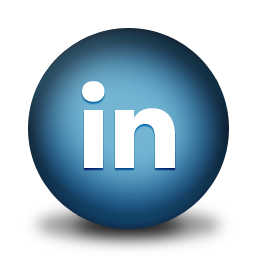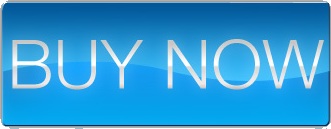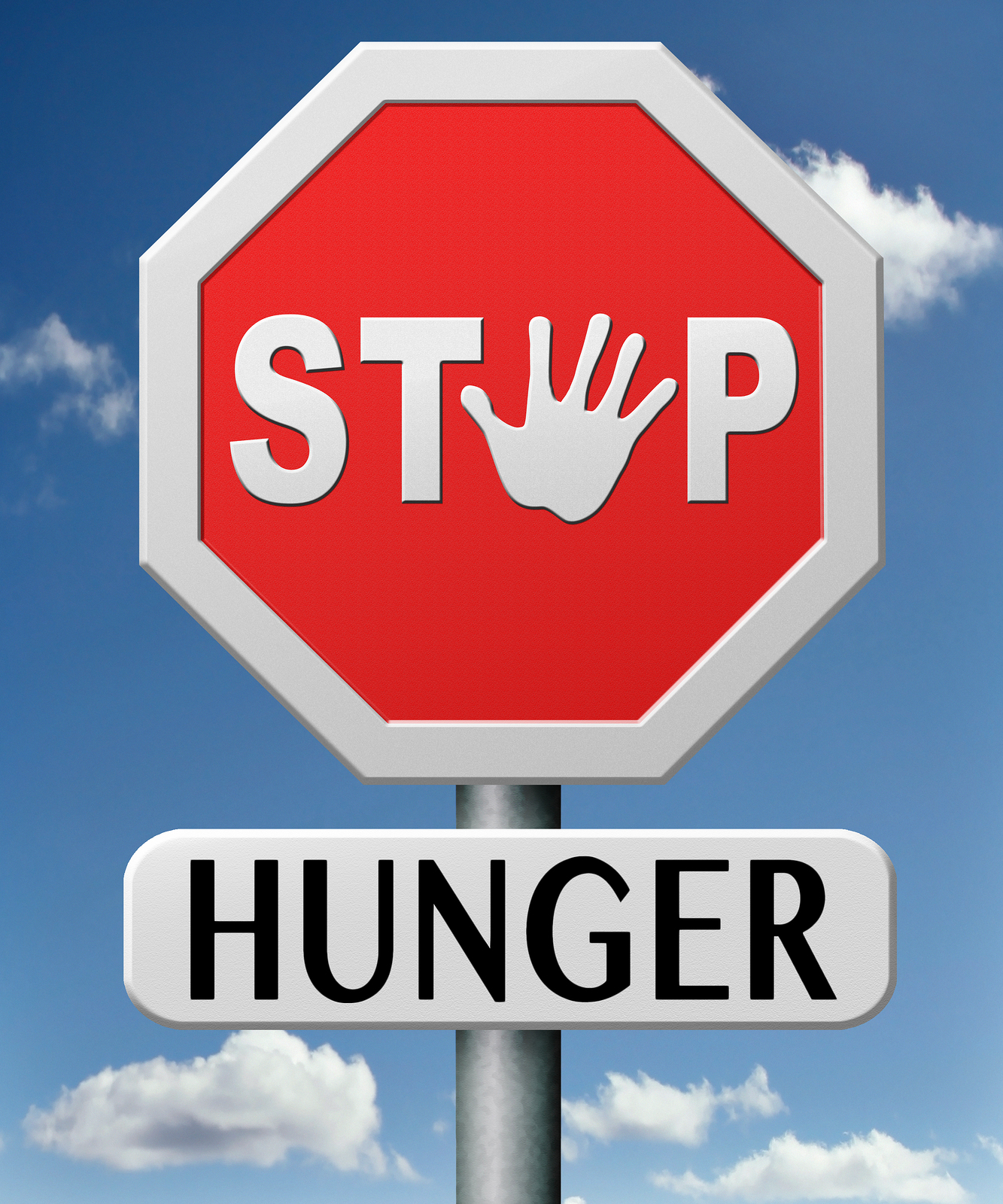Taxes & Stress: 5 Steps to Simplify and Soothe
 Friday, April 11, 2014 at 8:09AM
Friday, April 11, 2014 at 8:09AM  Post a Comment
Post a Comment Taxes and stress go together like death and taxes. No wonder we get stressed and put off the pain as long as possible. Stress amps up our fight/flight alarm system. Breathing – even 5 or 6 breaths stimulates the relaxation response and both systems can’t be active at the same time.
No wonder we avoid doing the things we KNOW we SHOULD be doing. But make a VOW to yourself to follow these simple and key guidelines to make Tax Season easier next year.
The Inner Procrastinator is quieted with baby action steps along the way. Baby-steps feels doable and build confidence and STOPS the avoider in her tracks. We all have to do our taxes, eventually and if you're a woman in business, you don't want the stress or weight of back taxes weighing you down with guilt.
5 Steps to Simplify and Soothe:*
1) Gather Your Records In One Place: This includes mortgage payment receipts, medical bills, donations, expenses. Designate a file folder. Start NOW.
2) Expenses – Especially if you’re Self-Employed. Have a TAX FILE with a folder or file for receipts.
For example: When I take a prospect to lunch or coffee as soon as I get home I write the name of the person on the receipt and file immediately.
If Self-employed Medical, Dental or long-term care Insurance is deductable.
TAX TIP for Self-Employed: Business expenses must be ordinary and necessary to be eligible for deduction. Ordinary is expense common in your field. Necessary is one helpful and appropriate for your business.
3) Use Quickbooks for easy reporting or hire a bookkeeper and ask her/him for reports each month so you know your numbers throughout the year and how much to be saving for quarterly taxes year end.
4) Britany suggests keeping up-to date on tax laws but I would be totally overwhelmed by that. If at all possible, hire a tax preparer or use the Quickbook reports each month and then give a year-to-date to your Tax Person.
5) Retirement Plans: Up to 40% of women retire in poverty. Sad fact and social security isn’t enough to maintain a decent lifestyle.
ESSENTIAL MONEY STEP: If you don’t already have a retirement plan START ONE this year. Ask your friends and colleagues for a reputable planner or advisor. A planner has more education and initials after their name and look at the big future picture.
I recommend looking for women planners / advisors in your area – meeting with 2 or 3 and then making a decision. One of my 30 something clients started saving $250.00 a month last year automatically. She said she’s not missing it and if she doesn’t touch it, by the time she’s ready to retire she’ll have a good next egg. Another started with $25.00, but in 6 months will up it by 10%. That’s great because it’s building a habit.
We get more overwhelmed when we’re not prepared. Start NOW for 2015 Tax time and you’ll be happier and more peaceful. It's the best gift you can give yourself - and then treat yourself to a new pair of shoes?
**Adapted from Britney Castro, CFP, CRPC article posted at LearnVest.com 15 Tax Saving Tips You Can Take Now
WANT TO USE THIS ARTICLE IN YOUR NEWSLETTER OR ON YOUR WEB SITE?
You can, as long as you include this complete blurb with it:
Certified Money & Business Coach, Professional Speaker & author, Lynn Telford-Sahl, writes the weekly PowerUP Your Money blog for women in sales and small business. If you’re ready to PowerUP your Money, your Business & your JOY get your FREE Financiial Strategy Session with Lynn at www.powerupyourmoney.com or take The Money Quiz to find out your Money Strengths & Challenges.
 Lynn Telford-Sahl tagged
Lynn Telford-Sahl tagged  business women,
business women,  stress,
stress,  tax help,
tax help,  tax stress,
tax stress,  taxes,
taxes,  taxes and stress,
taxes and stress,  taxes made easier,
taxes made easier,  women in business
women in business























